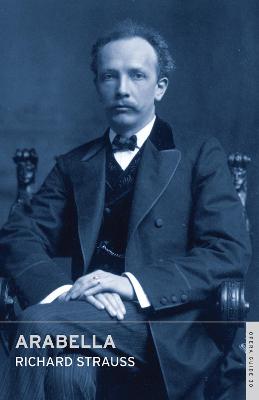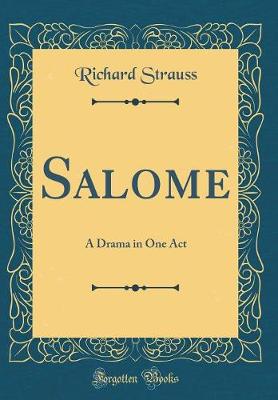English National Opera Guide
3 primary works
Book 8
Rosenkavalier, Der
by Richard Strauss, Hugo Von Hofmannsthal, and Alfred Kalisch
Published December 1981
Book 30
Written in 1927, Arabella is a portrait – partly romanticized, partly factual – of Habsburg Vienna in the 1860s. It is also a celebration of the profound importance of courage and the ability to forgive in love. Our sympathies are not only drawn to Arabella, who waits for “the right man” to come, but to her younger sister, who breaks with conventional morality in the cause of her love.
This opera is a moving testament to Hugo von Hofmannsthal, who died before it was completed, and it remains one of the best-loved products of his twenty-five- year collaboration with Strauss.
Contents: The Edge of the Cliff, Michael Ratcliffe; A Musical Synopsis, William Mann; A Profound Simplicity, Patrick J. Smith; Hofmannsthal’s Last Libretto, Karen Forsyth; Arabella: Libretto by Hugo von Hofmannsthal; Arabella: English translation by John Gutman
This opera is a moving testament to Hugo von Hofmannsthal, who died before it was completed, and it remains one of the best-loved products of his twenty-five- year collaboration with Strauss.
Contents: The Edge of the Cliff, Michael Ratcliffe; A Musical Synopsis, William Mann; A Profound Simplicity, Patrick J. Smith; Hofmannsthal’s Last Libretto, Karen Forsyth; Arabella: Libretto by Hugo von Hofmannsthal; Arabella: English translation by John Gutman
Book 37
English National Opera Guides are ideal companions to the opera. They provide stimulating introductory articles together with the complete text of each opera in English and the original. Richard Strauss, already known for his wonderful orchestral tone-poems, projected his genius at the turn of the twentieth century to opera, and this Guide contains the texts and introductions to his first two masterpieces in what was, for him, a new genre. Despite obvious similarities--both operas consist of one Act, centred upon one female title role--the articles included here reveal that the operas are really quite different in subject and treatment. "Salome," based on Oscar Wilde's notorious play, has a kaleidoscopic range of orchestral colour and a lurid climax in "The Dance of the Seven Veils"--an episode which has challenged generations of sopranos to dance as well as sing. "Elektra" was derived from the tragedies of the Ancient Greeks by the Austrian poet Hugo von Hofmannsthal, and is the first of his many collaborations with Strauss. It is also a study in neurosis, ripe for Jungian comparative analysis.


